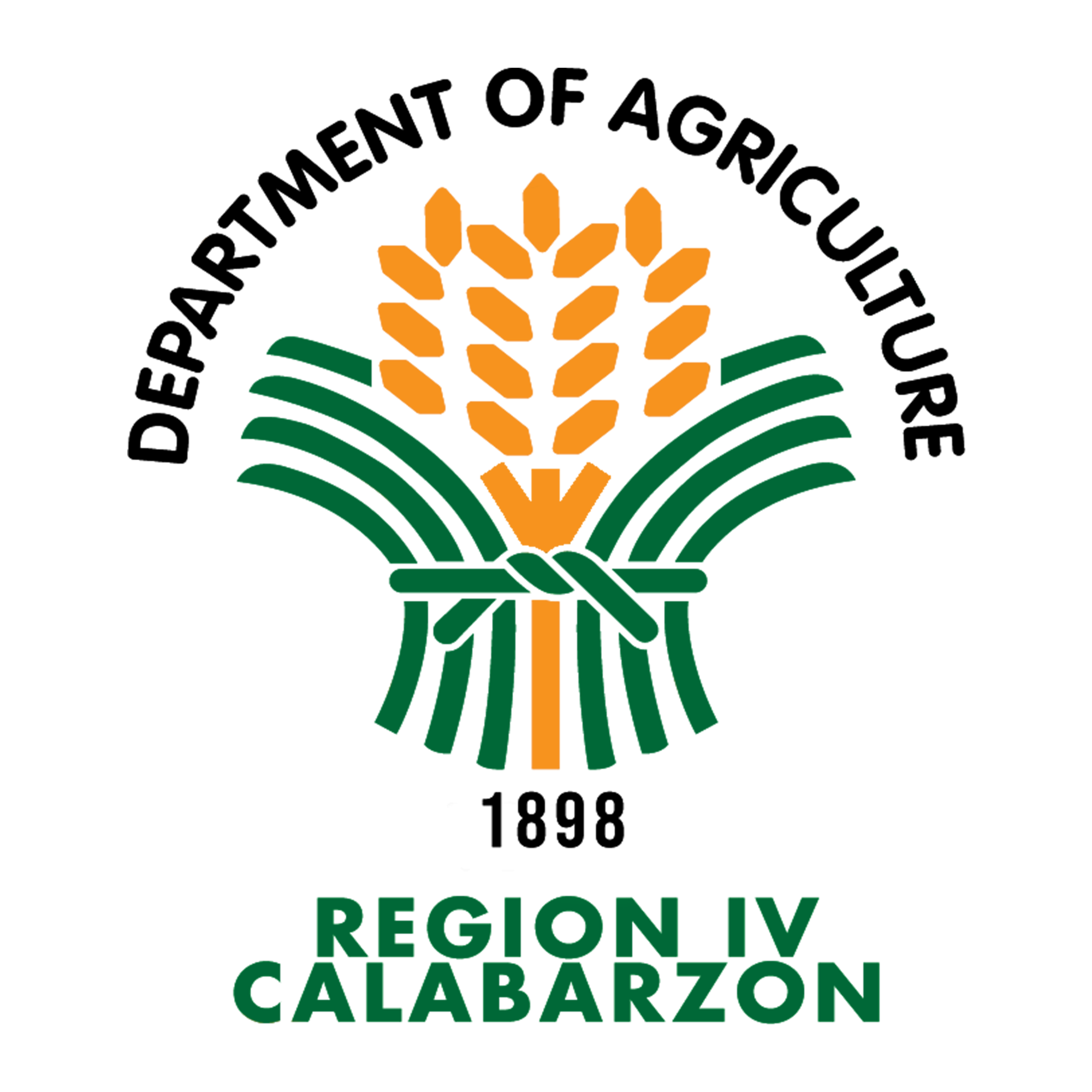Promoting safe production and early detection of
emerging swine and poultry diseases
Some 25 livestock extension workers in the region were trained on proper laboratory sample collection, and disease prevention and detection on April 10 – 12, 2019 at STIARC in Lipa City, Batangas.
This training aims to teach participants on 1) conducting disease investigation in their own city/municipality with minimal supervision from the provincial or city/municipal veterinary offices and/or the Regional Animal Disease Diagnostic Laboratory (RADDL); 2) collecting correct, efficiently-handled, and sufficient samples during disease investigation and regular surveillance; and 3) submitting disease investigation report and accomplishment report with sufficient data input at the appropriate time/duration for inclusion in the Philippine Animal Health Information System (PHIL-AHIS) implementation in their respective areas.
Ms. Vilma M. Dimaculangan, Regional Livestock Coordinator and Integrated Laboratory Division Chief of the Department of Agriculture (DA) CALABARZON, emphasized that, “The region has been one of the major contributors in livestock and poultry production. With this opportunity comes the responsibility of promoting safe production and early detection, and reporting swine and poultry diseases in CALABARZON for us to prevent possible livestock epidemic such as new castle disease, porcine reproductive and respiratory syndrome, porcine epidemic diarrhea, avian flu, and the much dreaded African swine fever.”
In view of that, disease prevention, control, and eradication efforts on animal health in the region prioritize the importance of ensuring a safe, sufficient, and nutritious food supply – linking animals, people, and the environment.
This three-day training course was organized by Livestock Program and RADDL of DA CALABARZON in partnership with Agricultural Training Institute (ATI) Region IV-A. • ARC






 All content is in the public domain unless otherwise stated.
All content is in the public domain unless otherwise stated.